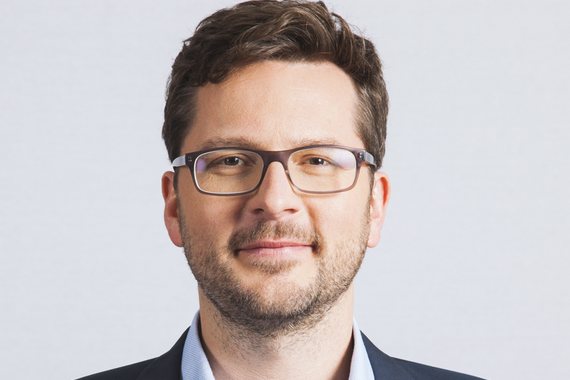- The University
- Studying
-
Research
- Profile
- Infrastructure
- Cooperations
- Services
-
Career
- Med Uni Graz as an Employer
- Educational Opportunities
- Work Environment
- Job openings
-
Diagnostics
- Patients
- Referring physicians
-
Health Topics
- Health Infrastructure

Breast cancer: promising results with combined therapy
An innovative combination of chemotherapy and immunotherapy is making a promising contribution to advancing the treatment of HER2-positive breast cancer. An interdisciplinary team of researchers from the Austrian Breast and Colorectal Cancer Study Group (ABCSG) investigated how cancer therapy can be improved through a specific combination of antibodies and chemotherapy as part of the ABCSG 52/ATHENE trial in which the Medical University of Graz participated. The findings, which were recently published in the renowned "Nature Cancer" journal, indicate that this new method is effective and safe.
HER2-positive breast cancer: Aggressive form requires targeted therapies
HER2-positive breast cancer is a particularly aggressive form of the disease characterized by a greater number of HER2 proteins on the surface of the cancer cells. This protein functions as a growth factor and promotes cell division, which can lead to more rapid tumor cell growth. Given these characteristics, HER2-positive breast cancer often requires intensive therapy. "Special therapies, for example the use of antibodies (e.g., trastuzumab), aim to block the HER2 protein and thus stop tumor growth," explains expert Gabriel Rinnerthaler of the Med Uni Graz Division of Oncology and first author of the publication.
Immunotherapy and chemotherapy in the fight against HER2-positive breast cancer
Immunotherapy and chemotherapy are two key approaches in cancer treatment. While immunotherapy supports and activates the body's immune system so it specifically fights tumor cells, chemotherapy attacks cancer cells directly by inhibiting their growth or destroying them. Immunotherapy often employs antibodies that specifically recognize structures on tumor cells while chemotherapy also influences healthy cells that divide rapidly, which can lead to side effects. To reduce side effects and at the same time ensure treatment success, breast cancer research in recent years has focused on using chemotherapy in a more targeted and gentler way in order to avoid overtreatment.
Conducted in cooperation with nine Austrian centers, the ABCSG 52/ATHENE trial combines these approaches in the treatment of HER2-positive breast cancer. Patients received immunotherapy with either three antibodies including atezolizumab or just two HER2 blockers followed by a phase in which both groups received the chemotherapy drug epirubicin. "The results show that the combination of immunotherapy and weakened chemotherapy is effective: In 60 % of patients, no more evidence of cancer could be found following treatment," summarizes Gabriel Rinnerthaler. These results underscore the potential of combining both methods to improve the treatment of aggressive cancers. The group that received more immunotherapy and had a special tumor composition did particularly well with a success rate of 73 %. The findings were also encouraging with regard to other important factors, for example tumor size following therapy.
Future prospects: Gentler therapies and new approaches in breast cancer research
"Our study shows that the combination of immunotherapy and weakened chemotherapy could be a promising yet gentle treatment option for patients with HER2-positive breast cancer," explains Gabriel Rinnerthaler. More pronounced side effects were observed in 29% of patients, a rate to be expected in the context of such therapies. The trial results underscore the potential for modern immunotherapy to optimize breast cancer treatment—through improved effectiveness while easing the burden on patients. The knowledge obtained from the ABCSG52/ATHENE trial supports new approaches for personalized and innovative developments in breast cancer treatment.
"The success of this publication under the leadership of Gabriel Rinnerthaler impressively shows once again how interdisciplinary cooperation within Austria has made our country one of the leading nations in breast cancer research in terms of scientific research as well as clinical practice," says ABCSG president Michael Gnant (Medical University of Vienna).
Contact
Ass. Prof. PD Dr.
Gabriel Rinnerthaler
Gabriel Rinnerthaler
Division of Oncology
Medical University of Graz
T: +43 316 385 80556
Contact
Mag.a
Hedwig Schulz
Hedwig Schulz
ABCSG – Austrian Breast & Colorectal Study Group
Communication Manager
T: +43 1 4089230 12
T: +43 664 4379837



